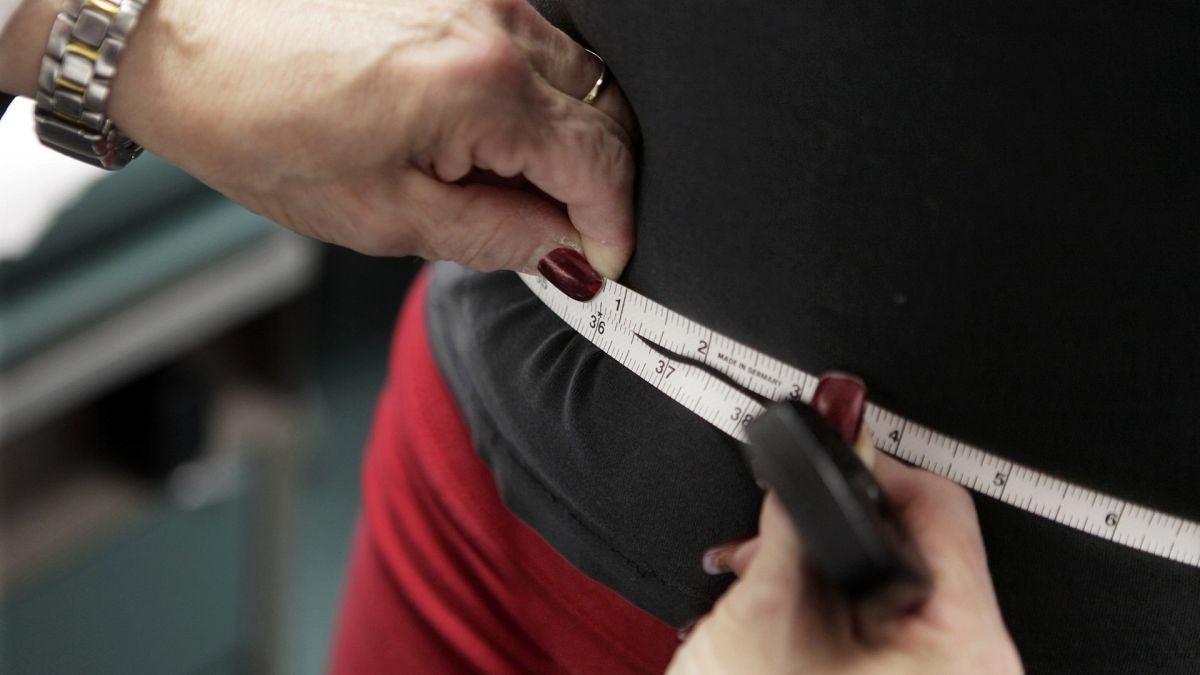Canada will likely not experience a recession in the traditional sense but rather a ‘shallow downturn,’ BMO Financial Group’s chief economist Douglas Porter said at an industry event Thursday.
“I’m reluctant to call what we’re looking at in Canada a recession,” Porter said during Q&A at the Centre for Study of Insurance Operations (CSIO)’s members’ meeting and reception. “I call it a shallow downturn because I don’t think it’s going to be what many of us have associated with a recession — 10% unemployment and you have lots and lots of business going out of business and real pain.
“I don’t really think that’s what we’re looking at over the next year….We’re just looking at much cooler consumer spending activity next year.”
Unemployment is about 5% in Canada, a “rate that we haven’t seen in decades and decades,” Porter said during his keynote address, Outlook 2023 — Cold in the forecast. The inflation rate recently eased to 4.3%, drastically down from its 8.1% peak in summer 2022.
“When we look back over the last couple of years, probably the biggest forecasting mistake that people such as myself, financial markets, central bankers, made last year was that they underestimated inflation,” Porter said. “So far this year, it looks the biggest mistake that a lot of other forecasters…made is we’ve underestimated growth. Things have actually held up I would say better than many anticipated at the start of the year.”
In September 2022, many forecasters were expecting the North American economy to head into a ‘mild recession,’ which hasn’t materialized.
“In some ways, I liken the economy to this lonely lighthouse. It’s basically still hanging in there against just a wave after wave of very serious challenges that we faced,” Porter said, referring to the pandemic in 2020, inflation beginning in 2021, Russia’s invasion of Ukraine, massive interest rate hikes around the world, banking crises in the United States and Europe, and a showdown in the U.S. over the debt ceiling limit.
“Probably the biggest surprise has been how resilient the North American economy has been so far this year,” he said. “But we do believe that the economy is still digesting that big backup in interest rates that we’ve seen in the last year, and that things are poised to slow fairly easily in the next five years.
“Again, not your parents’ downturn by any means. But we do think that growth will be much, much more modest over the next year, which will help bring inflation back towards 2%.”
After inflation or “real growth,” Porter expects about 1% growth in the U.S. and Canadian economies (normal is closer to 2%), with a slight pickup in 2024.
“We are still officially calling for a couple of quarters of contraction, which if you look in textbooks, that does say that equals at least a mild recession,” Porter said. “I have to say I don’t have a lot of conviction.
“I actually do believe that there is a chance that we can still achieve the so-called soft landing. But at this point, we do think recession odds are slightly above 50%.”
Feature image by iStock.com/ronniechua









